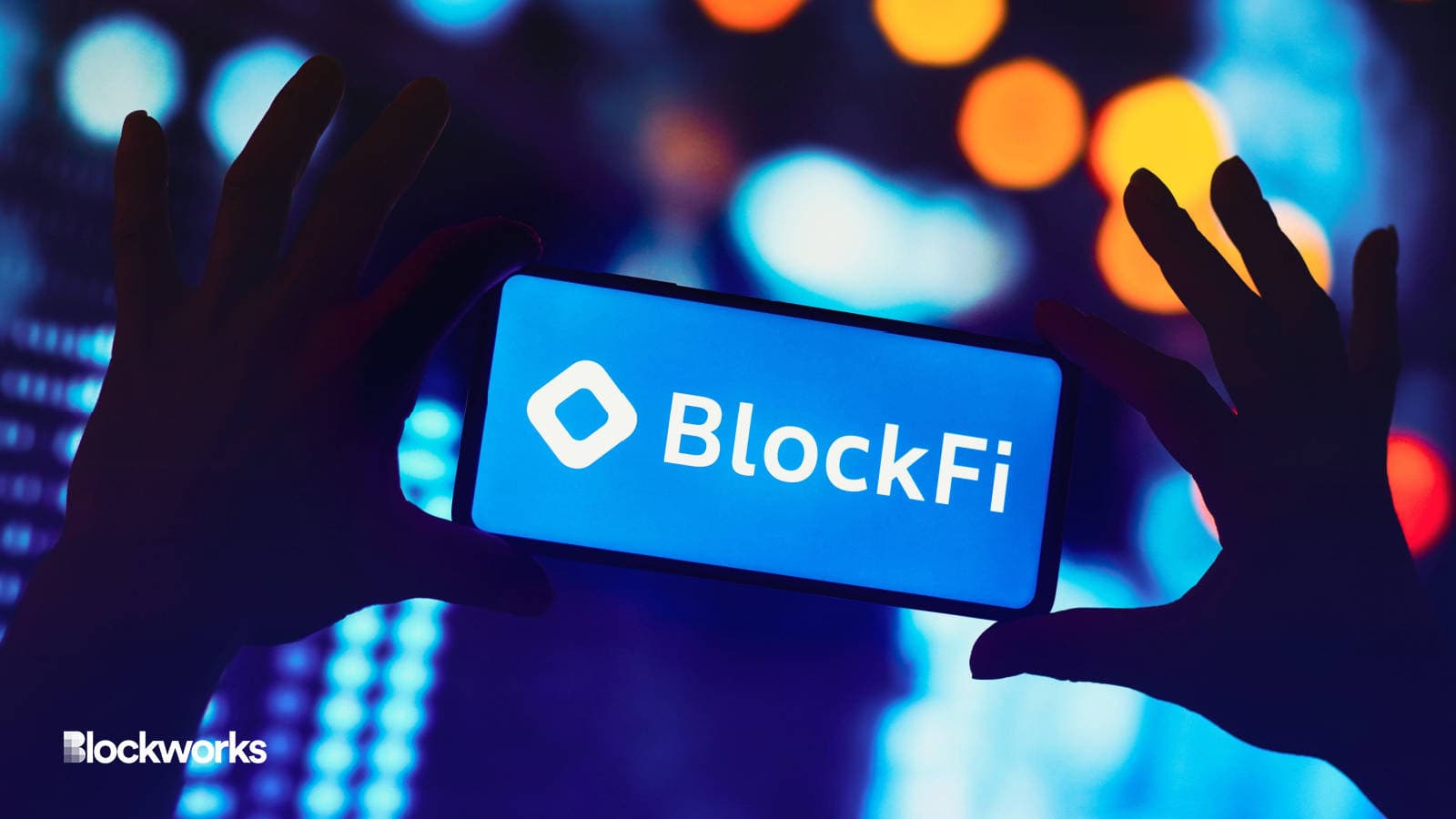BlockFi Gets Few More Weeks To Find Bankruptcy Exit Plan
Bankrupt crypto lender BlockFi has been allowed to extend the deadline for its Chapter 11 plan to mid-May

rafapress/Shutterstock, modified by Blockworks
BlockFi was granted more time to file a bankruptcy exit strategy on Wednesday, some five months after the crypto lender went bust.
Joshua Sussberg, BlockFi’s attorney, said the company is exploring potential sale of its assets at a recent hearing. The firm is also looking for an external backer for a potential restructuring deal.
The company now has until May 15 to file an exit plan, per court docs. Judge Michael Kaplan reportedly said it was worth extending the deadline to ease the way for a smooth continuation of the case.
Sussberg described the duration of the extension as “modest,” and said the company would have a plan ready for assessment by unsecured creditors within two weeks.
BlockFi filed for bankruptcy on Nov. 28, shortly after its bailout partner FTX. Under bankruptcy code, debtors are ideally meant to propose a Chapter 11 plan in the first 120 days of the filing. This meant BlockFi should have presented a plan by March 27.
But on March 21, the company filed a motion to extend the deadline for its Chapter 11 plan by 90 days to June 26.
“Given the size and complexity of these Chapter 11 cases, much work remains,” BlockFi’s lawyers said. It’s estimated BlockFi altogether owes more than 100,000 creditors up to $10 billion.
Also in the motion, BlockFi said it had generated $4.6 million in sales from auctioning its crypto mining assets and has initiated marketing for its remaining resources. BlockFi in March agreed to return more than $100,000 to California-based creditors.
A committee of BlockFi’s unsecured creditors had reportedly argued they should be given authority to take over the bankruptcy case so creditors can recover their funds quickly, according to Bloomberg.
The committee’s lawyer Robert Stark also described BlockFi’s platform as “a bundle of sticks,” and said its business isn’t viable enough for a reorganization.
Kaplan denied the committee’s request but opted for a shorter deadline extension than BlockFi had requested.
Get the news in your inbox. Explore Blockworks newsletters:
- The Breakdown: Decoding crypto and the markets. Daily.
- 0xResearch: Alpha in your inbox. Think like an analyst.






